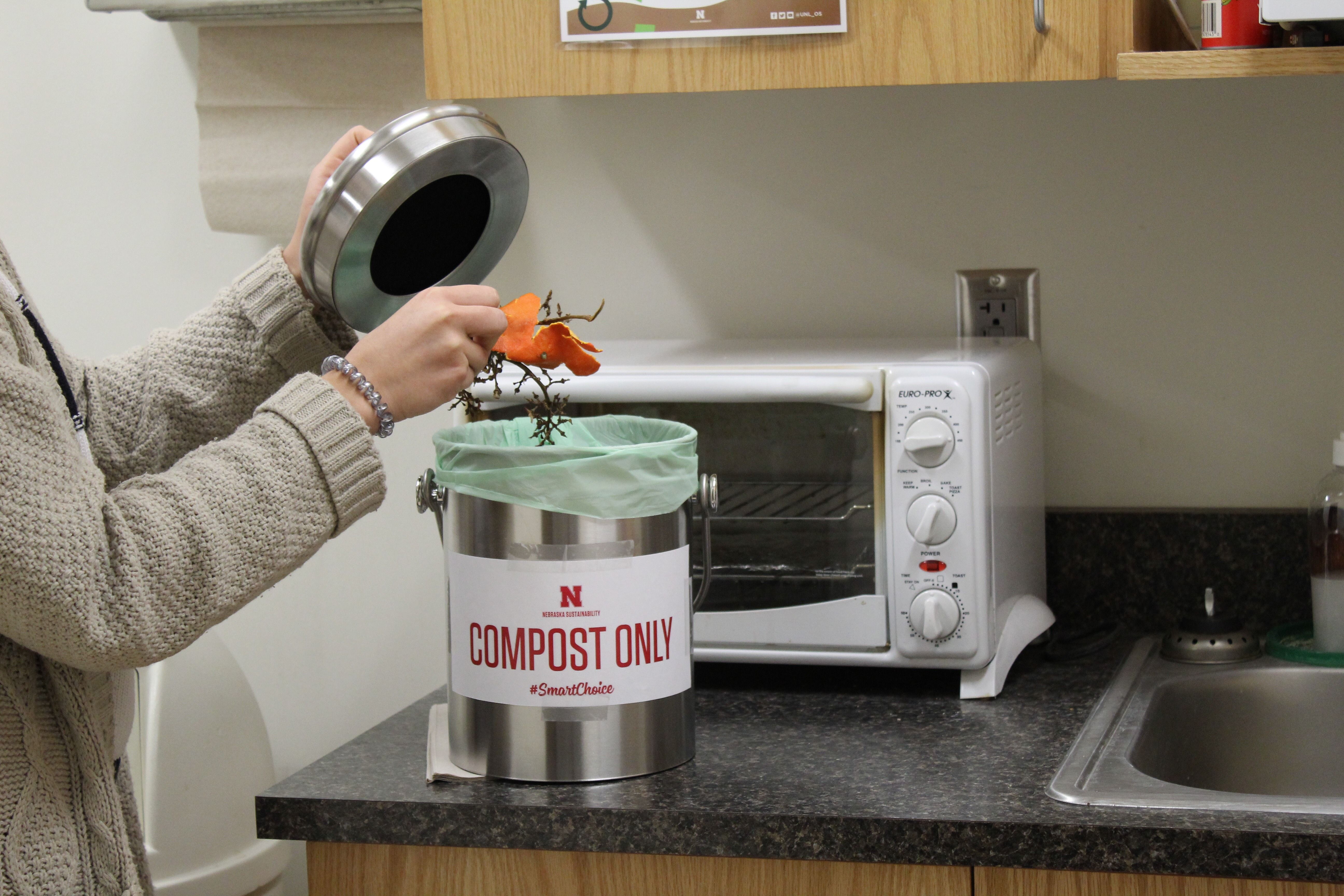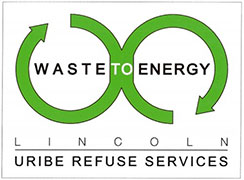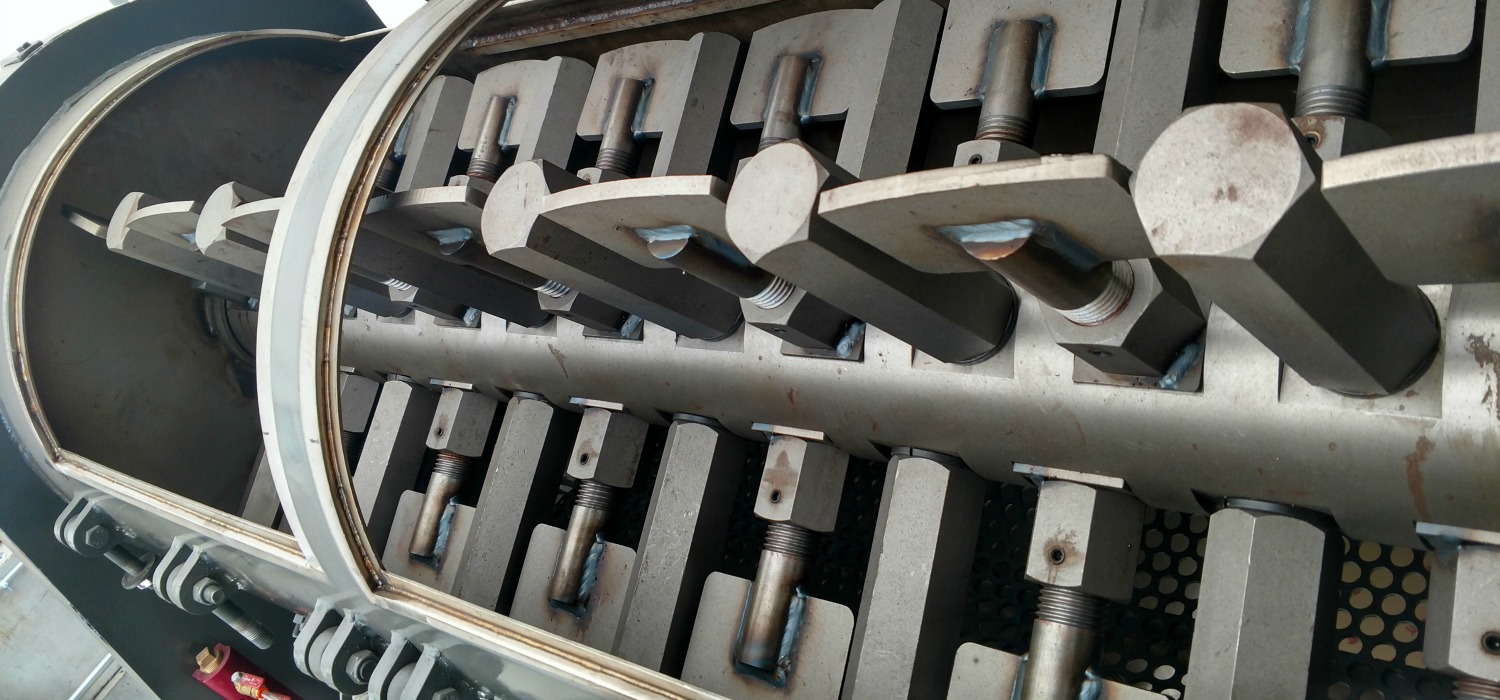EcoHuskers Program Enables Start of Composting at UNL

There has been interest in composting within the university community for a very long time; long before the Office of Sustainability (OS) was around. Many staff members expressed interest in the ability to compost food waste in their break rooms, and student organizations have been wanting to hold zero-waste events. However, until now, UNL has not been able to meet those desires. The OS’s new EcoHuskers program gave faculty, staff and students a more formal network and empowered them to express their sustainability priorities and concerns.
Composting was a key priority that EcoHuskers addressed at various meetings. Amanda Robine, EcoHusker for the East Campus Recreation Center said, “We noticed the cooking classes in our wellness kitchen was producing a lot of food scraps. We knew there had to be something we could do to prevent the scraps from being wasted and thought composting would be great.”
The OS was able to work with the EcoHusker teams in order to get funding via the PepsiCo Recycling Zero Impact Fund to start a small, temporary composting program. The OS has partnered with Uribe Refuse, who will pick up the compost every Friday and take it to Prairieland Dairy. The compost will then be combined with other forms of organic waste and turned into rich soil that can be used for local farms and gardens.
“The purpose is to empower faculty, staff and students to participate in sustainability behaviors, and to take the diversion of food waste into their own hands while the university explores its options for the larger-scale composting of organic waste” said Cale Brodersen, Sustainability Specialist.
Any faculty, staff or student is encouraged to place their organic waste (produced on campus) in the compost containers. Composting is a much more environmentally friendly way to dispose of organic waste. Organic waste in landfills breaks down anaerobically, which releases a large amount of methane gas (a greenhouse gas 21 times more harmful than CO2). Rather than filling up the landfill more quickly, compost returns valuable nutrients to the soil and is great for fertilizing gardens and farms.
Inside the buildings participating faculty, staff and students will be responsible for taking it from the indoor containers to the outdoor container. While the resources don’t exist right now to compost university-wide, this new program empowers the university community to do the right thing and divert as much waste from the landfill as possible.
The containers at all six locations will be available Monday, March 25th, the first Monday following spring break.
The composting containers will be located in the outside loading docks at the following buildings:
* Hamilton Hall
* Hardin Hall
* Nebraska Union (for union building occupants only)
* Outdoor Adventure Center
* Recreation and Wellness Center (East Campus)
* 1901 Y Street (the Facilities, Planning, and Construction building)
The containers will be labeled with a sign that says “Compost Only” so that you can identify them. For questions or concerns about the containers, email the Office of Sustainability at: sustainability@unl.edu. Interested in composting in your building? Let us know!

